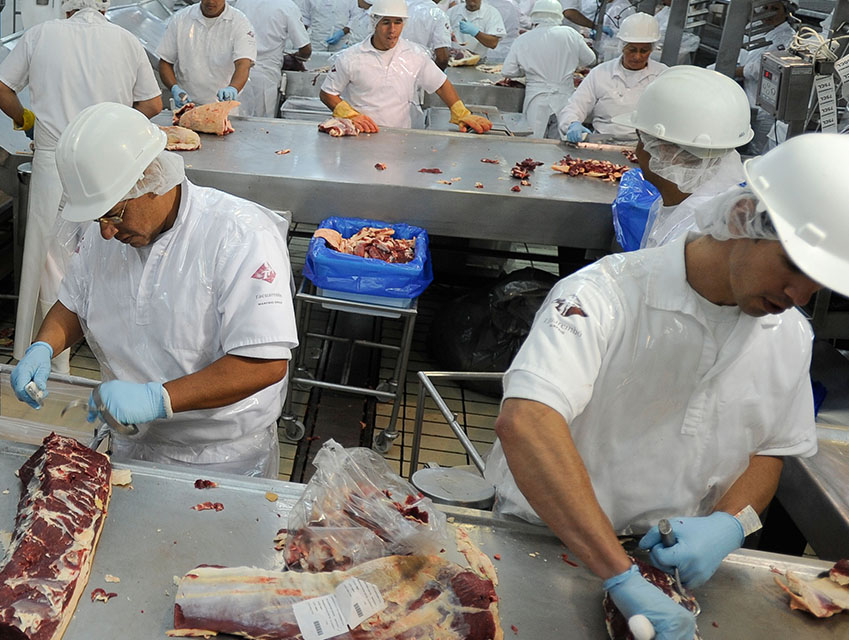Sustainability of Rendering
Rendering has a (hugely) Positive Environmental Impact
Only about 50% of an animal is considered edible by Americans, which means the other 50% is considered INEDIBLE.
Instead of wasting half of the meat we farm and buy, Rendering reclaims these unwanted “leftovers” and transforms them into ingredients for countless products — recycling 99% of this unwanted meat.
By recycling animal leftovers, renderers create valuable ingredients from resources that would otherwise be thrown away, taking up enormous amounts of precious landfill space.
Instead of wasting these animal parts through other disposal methods, renderers recycle the materials into 19 billion pounds of fat, oil and protein products.
Rendering not only creates alternative, sustainable fuels to power trucks, trains, water vessels and other vehicles but also nutritiously feeds cattle, hogs, turkeys, chickens, household pets and other animals.
Renderers play an important role reducing food waste, sustainably recycling valuable agricultural resources and positively contributing to local, state and national and international economies.

Rendering Leads to a Reduced Carbon Footprint
Rendering also protects the environment from the high greenhouse gas emissions of other disposal methods, reduces energy and water consumption, minimizes environmental impacts of animal agriculture and supports communities.
The environmental sustainability of rendering avoids at least 90% of potential greenhouse gas emissions compared with industrial composting and sequesters 5 times the amount of greenhouse gas emissions as it emits.
If all renderable product were sent to the landfill, all available space would be used in 4 years.

Economic Sustainability of Rendering
The rendering industry is financially stable, secure and sustainable with $10 billion in annual economic contribution.
Workers are highly-skilled and well compensated and employee retention rates are high, leading to more stability and greater contributions to local communities.
Simple Fact: Rendering jobs cannot be exported due to the raw and perishable nature of the material our industry reclaims.


